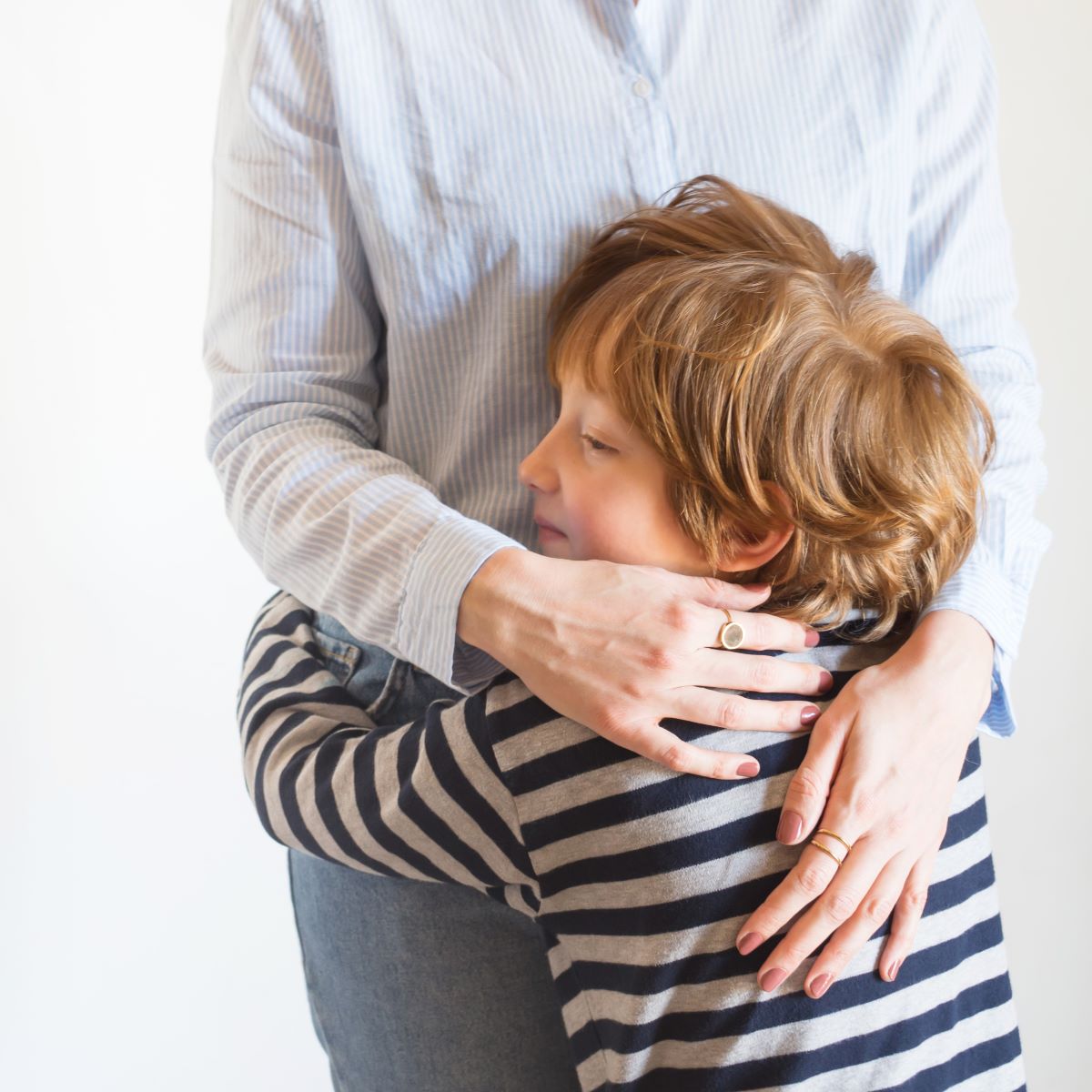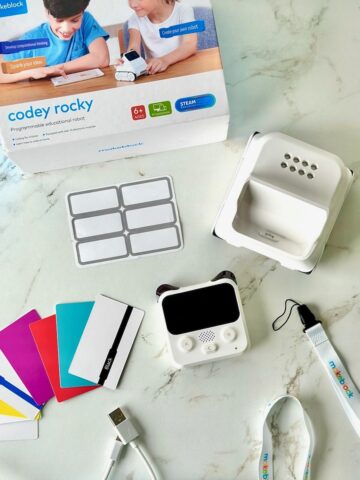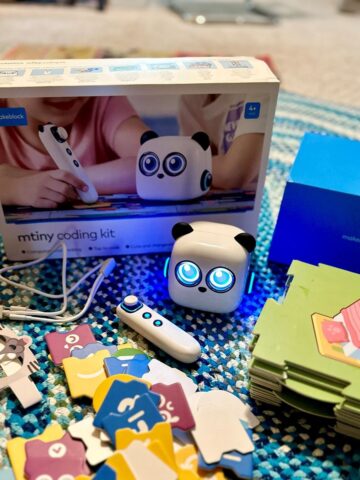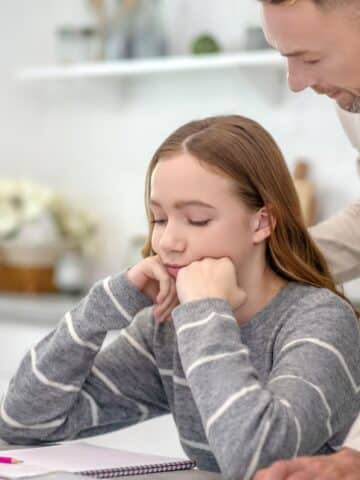The content on this website is for informational purposes only and is not meant to replace professional or medical advice. See our full disclaimer.
It's not easy parenting a child with attention deficit hyperactivity disorder (ADHD). Children with ADHD often need a different kind of attention, love, and care.
The good news is that, armed with understanding and patience, you can significantly contribute to their mental health and happiness.
Jump to:
Understanding Your Child's ADHD
Before diving into techniques and strategies to help your ADHD child feel loved, let's first unpack what ADHD is. Attention Deficit Hyperactivity Disorder is a neurodevelopmental disorder affecting children and adults.
Symptoms include difficulty focusing, hyperactivity, and impulsivity, which can contribute to struggles at school, home, and in friendships.
It's important to understand that the ADHD brain is more sensitive than most. Tough love strategies that might work (🤔?) for neurotypical children can often do more harm than good for a child with ADHD.
In fact, they tend to remember every yell and every fight, and are prone to replay those memories in their heads repeatedly. And keep in mind, ADHD brains run a lot faster than most, which intensifies these replays.
Building a Loving Environment
Creating a supportive, loving environment is crucial for a child with ADHD. Here are some ways to provide that love and support:
Say "I Love You"
It may sound simple, but these three words can make a world of difference. Saying "I love you" regularly reassures your child that they are cherished and valued.
Provide Positive Reinforcement
The ADHD brain often struggles with self-regulation and self-esteem. Regular, genuine praise can boost their confidence and motivate positive behavior.
When you see them behaving well, reward them with praise and attention.
Encourage Social Skills
Many children with ADHD have trouble with social interactions. Help them develop these skills by practicing at home and discussing their interactions with others.
Social skills are critical for their well-being and success, so your support is invaluable.
Implement Behavior Management Strategies
Consider implementing a behavior therapy program or seeking parent training or coaching. These strategies can help manage challenging behaviors and promote positive ones.
Other Strategies to help your ADHD kids:
- Easy Mindfulness Practices
- Printable ADHD Puzzle Goal Map
- Simple Meditation for ADHD Kids (with free meditation exercise cards)
These are also beneficial for improving parent-child relationships.
Talk to Your Doctor
Take a proactive approach when helping your child. If your child is struggling and you are unsure how to help, a medical professional will be able to provide guidance.
This might be through stimulant medication, counseling sessions, or natural supplements.
Here are some natural wellness remedies that may help your ADHD child:
- Ways to Increase Dopamine Naturally
- Probiotics for Gut Health
- Magnesium for ADHD to improve emotional regulation
- Methylated Vitamins (if your child has an MTHFR gene mutation, which is common in ADHD)
- L-Theanine supplements for a calm focus
Remember the Impact
Children with ADHD often deal with rejection sensitivity, a painful reaction to perceived criticism or exclusion. Being mindful of this can help shape how we interact with and respond to them.
Many adults with ADHD grow up feeling like they aren't good enough. This can impact their lives in many ways, including mental health issues and difficulties with relationships and employment.
By providing love, support, and understanding, we can help prevent these negative outcomes and set our children up for success.
As a parent, helping your ADHD child feel loved may sometimes feel like an uphill battle. However, with patience, understanding, and the right support, it's absolutely achievable.
And always remember - your love, acceptance, and understanding can make a world of difference to your child's life and self-esteem.






We'd love to hear from you